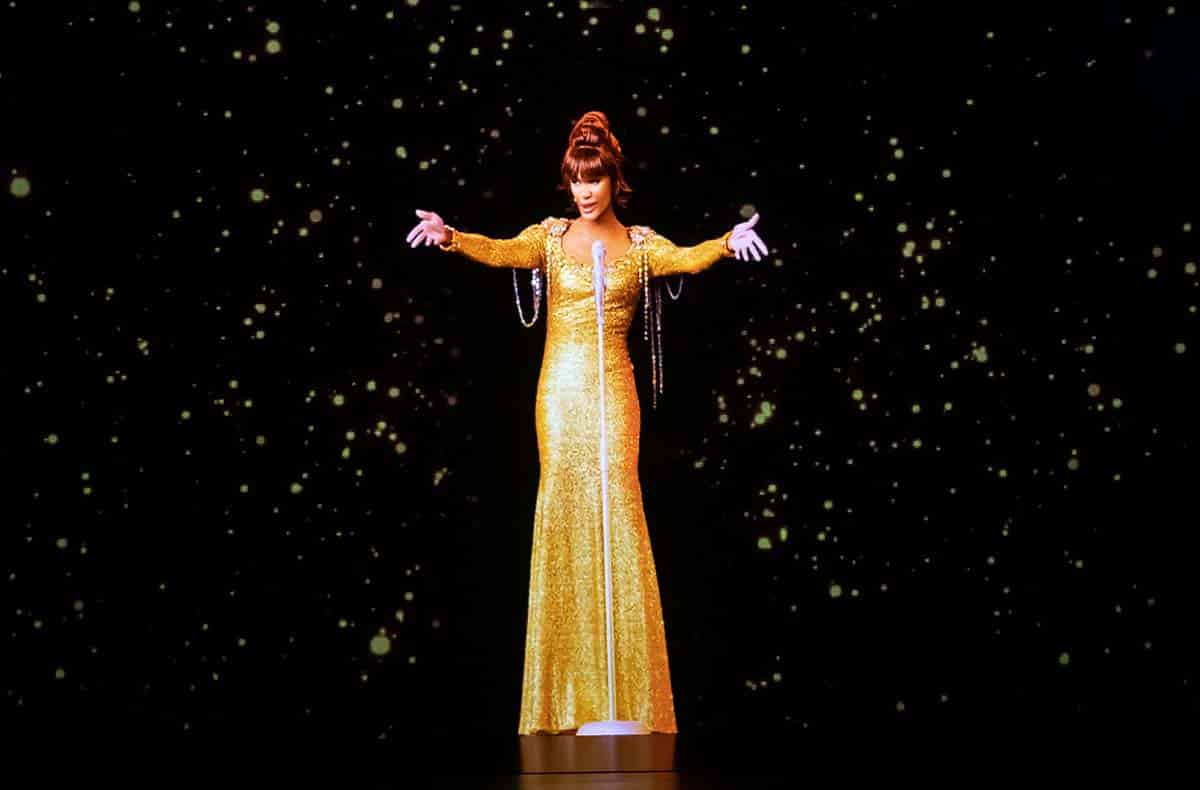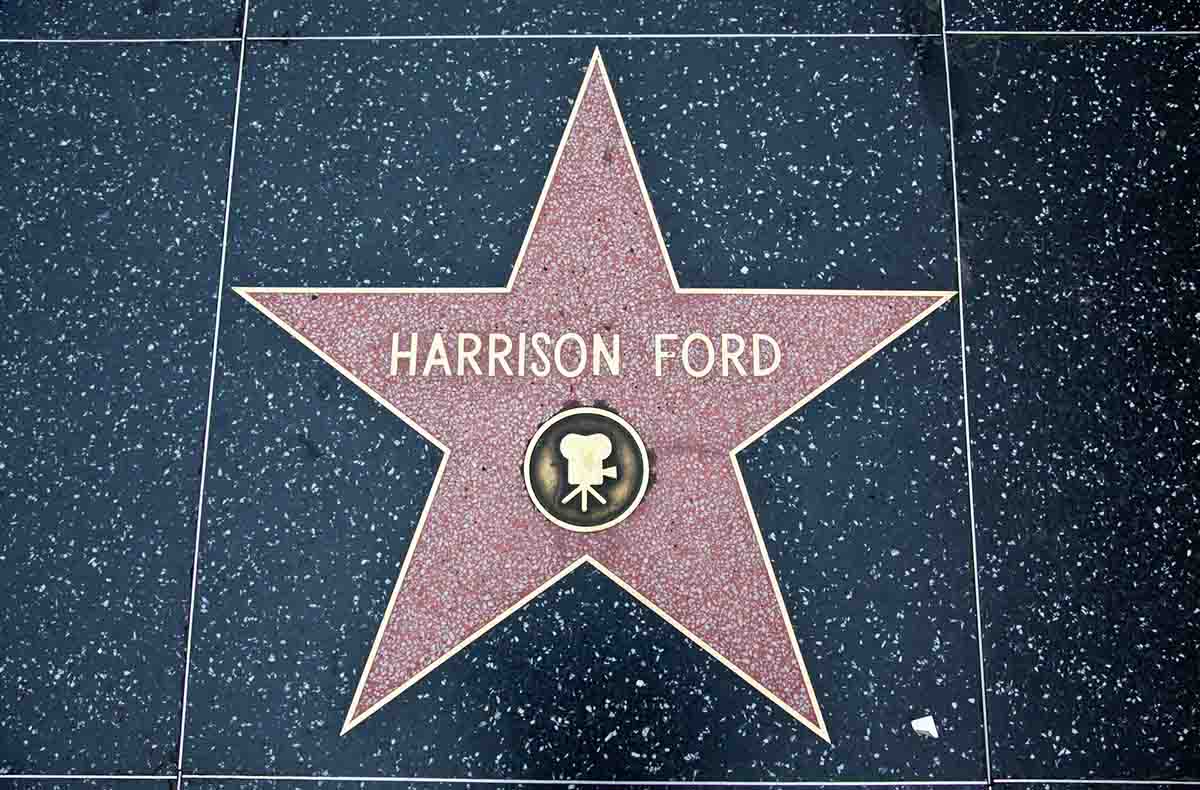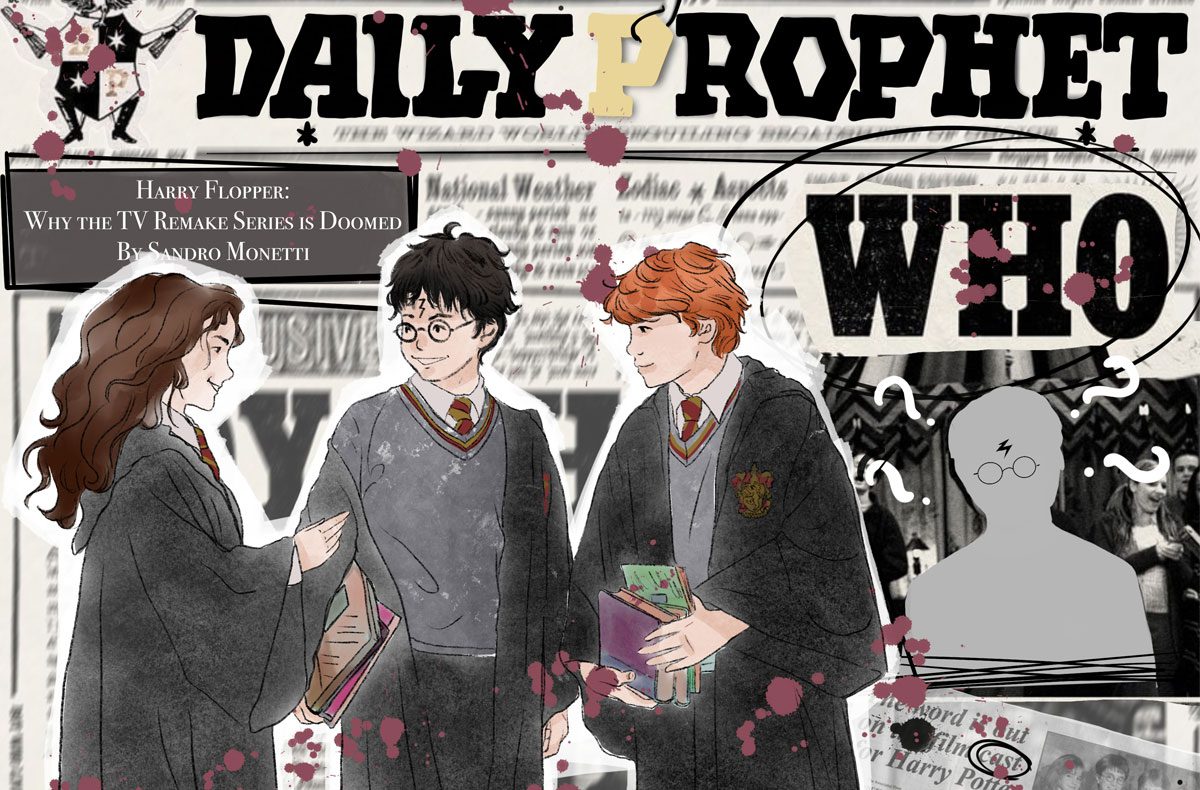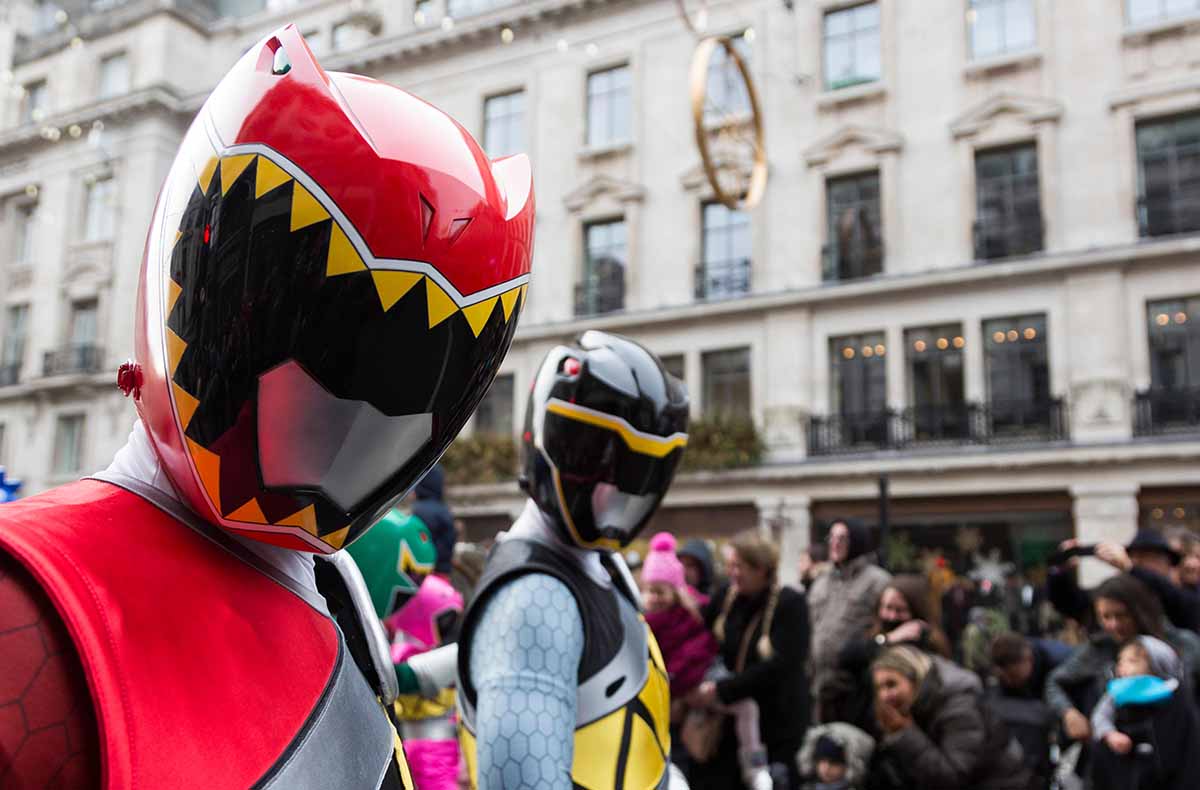
Ten years after her death, Whitney Houston is back on stage six nights a week…as a hologram.
The digital resurrection in Las Vegas is packing in the crowds while racking up opponents. “Ghost slavery” is how one of its critics, pop culture blogger Simon Reynolds, described the show on an ethical and economic level. But with plenty of fans prepared to pay $92 to watch An Evening With Whitney: The Whitney Houston Hologram Concert at Harrah’s casino, this residency from beyond the grave is pointing the way to a profitable new future for the entertainment business. With an Amy Whitehouse hologram tour on the way and Buddy Holly, Roy Orbison and Maria Callas already putting on spectral shows around the world, what started as a novelty freak show looks like an entertainment format that’s here to stay.
And it’s not just dead pop stars who are returning to the stage with the help of new technology. Hit-making legends ABBA recently tapped into tech and are preparing to send avatars—or as they call them “Abbatars”—out on stage in their place from next month. ABBA: The Voyage uses motion capture created by George Lucas’s company Industrial Light and Magic to show the Swedish favourites, now all in their seventies, as they were in their prime pop years. The show opens on May 27 at a 3,000 capacity arena at Queen Elizabeth Olympic Park in London and will tour the world later this year.
Meanwhile, An Evening With Whitney is poised for a world tour in 2023, when interest in the singer is due to be reignited by the release of the biopic, I Wanna Dance With Somebody, starring British actress Naomi Ackie as the tragic superstar.
Is timeless talent being exploited? Not according to the Houston family, who have signed off on these projects. When Whitney died in 2012, her estate was inherited by the singer’s daughter, Bobbi Kristina. But when Bobbi died in 2015 in circumstances similar to her mother, it came under the control of Whitney’s mother, Cissy, first, then Whitney’s brothers Gary and Michael. Now, her sister-in-law and former manager, Pat Houston, is the executor of the estate, and has given BASE Entertainment the go ahead to develop the hologram show.
But some currently-breathing pop icons are taking a “not over my dead body” approach to the trend, making sure their families get the message loud and clear. At a press conference for his farewell tour, Elton John insisted he didn’t want a holographic version of himself playing the hits in future. “I said to my eldest son, ‘When Daddy dies, promise me there won’t be a hologram of me going around the world doing concerts. That’s the last thing I want.”
Elton, who is the father of two songs by a surrogate, added, “Who knows? They may go broke and they’ll put me back on the f—ing stage! I think that’s a bit freaky.”
Other stadium-filling music legends, like Paul McCartney and The Rolling Stones, will soon have to decide if their performing days will end with their retirement or if technology can keep them on tour for future generations.
It was in 2012, just two months after Whitney was found dead at age 48 in her bathtub at the Beverly Hilton Hotel with drugs in her system, that we saw the first of these simulated performances. That came at Coachella when a hologram of Tupac Shakur performed with Snoop Dogg and Dr. Dre. The headline hitting spectacle ushered in a new era of immersive entertainment, familiar to us all now via museums and theme parks.
The debate about the ethics and importance of such concerts continues to rage. To some, they are a technical marvel that continues the legacy of great artists; to others, they’re just a tawdry cash-in. Where promoters are concerned, they are a dream. After all, the digital artist never gets sick, demands a private jet, or complains about being worked too hard or not having the right colour M&Ms in their dressing room. But, as in all things, the audience will ultimately be the judge.
Whitney Houston’s hologram residency at a 544-seat theatre in Las Vegas—an entertainment mecca where tribute acts and celebrity impersonators have long pulled in the crowds—is something of a test case for the whole format. The show has no end date, and if Holo-Whitney keeps pulling in the fans while belting out hits like “Saving All My Love For You,” “I Wanna Dance With Somebody” and “I Will Always Love You,” one of the greatest voices of all time could well be a trailblazer for the future of the concert business.




